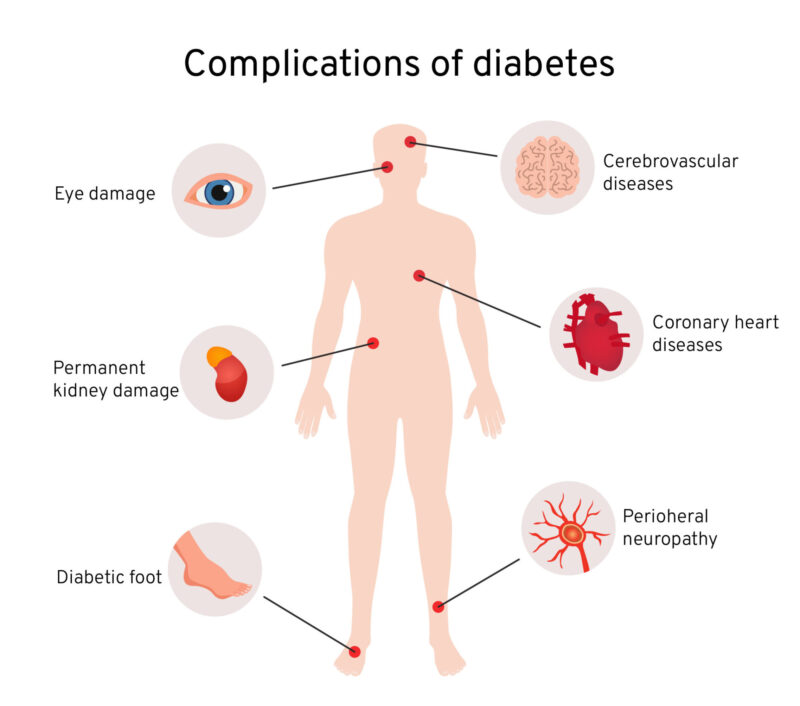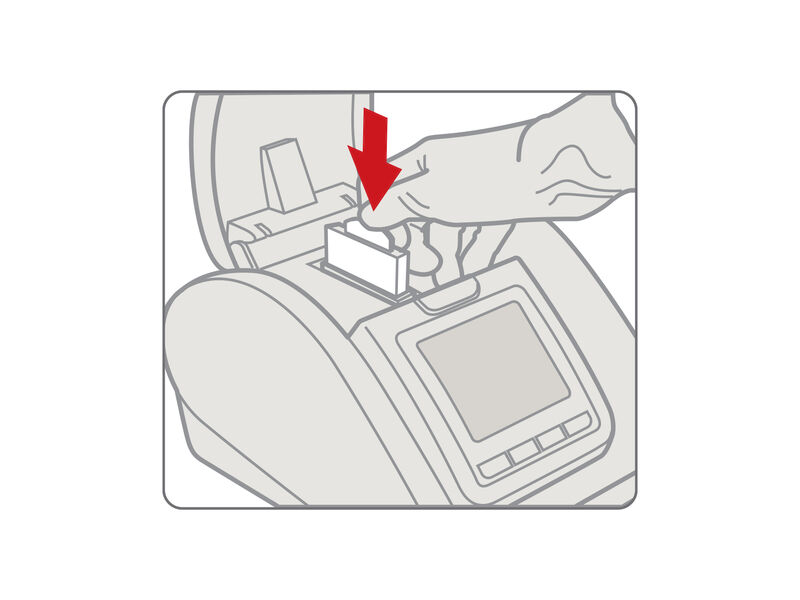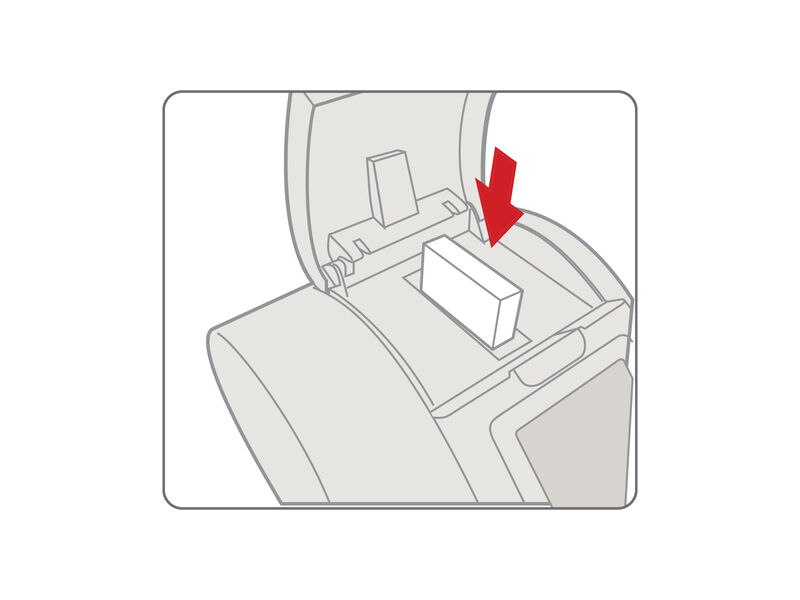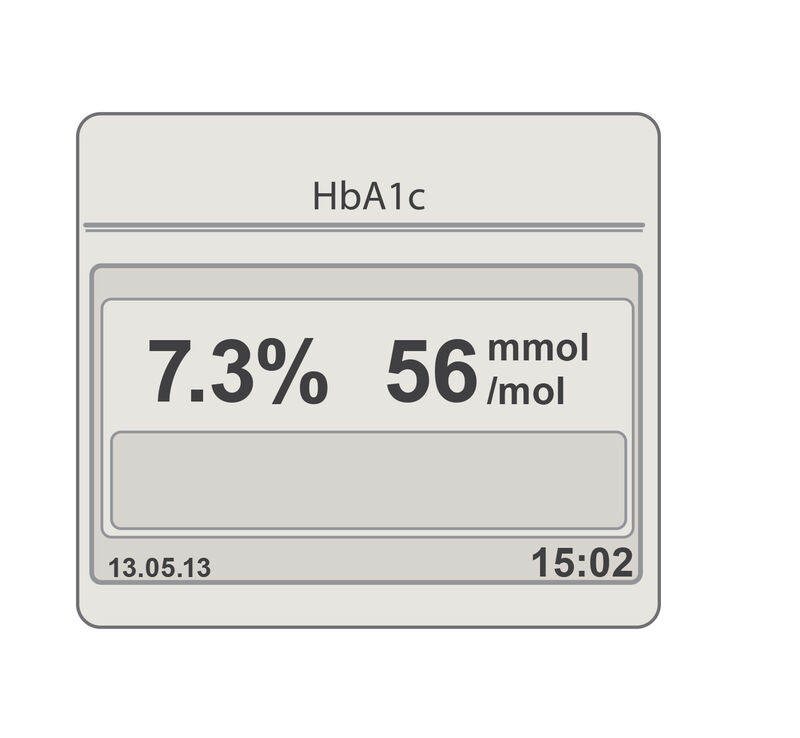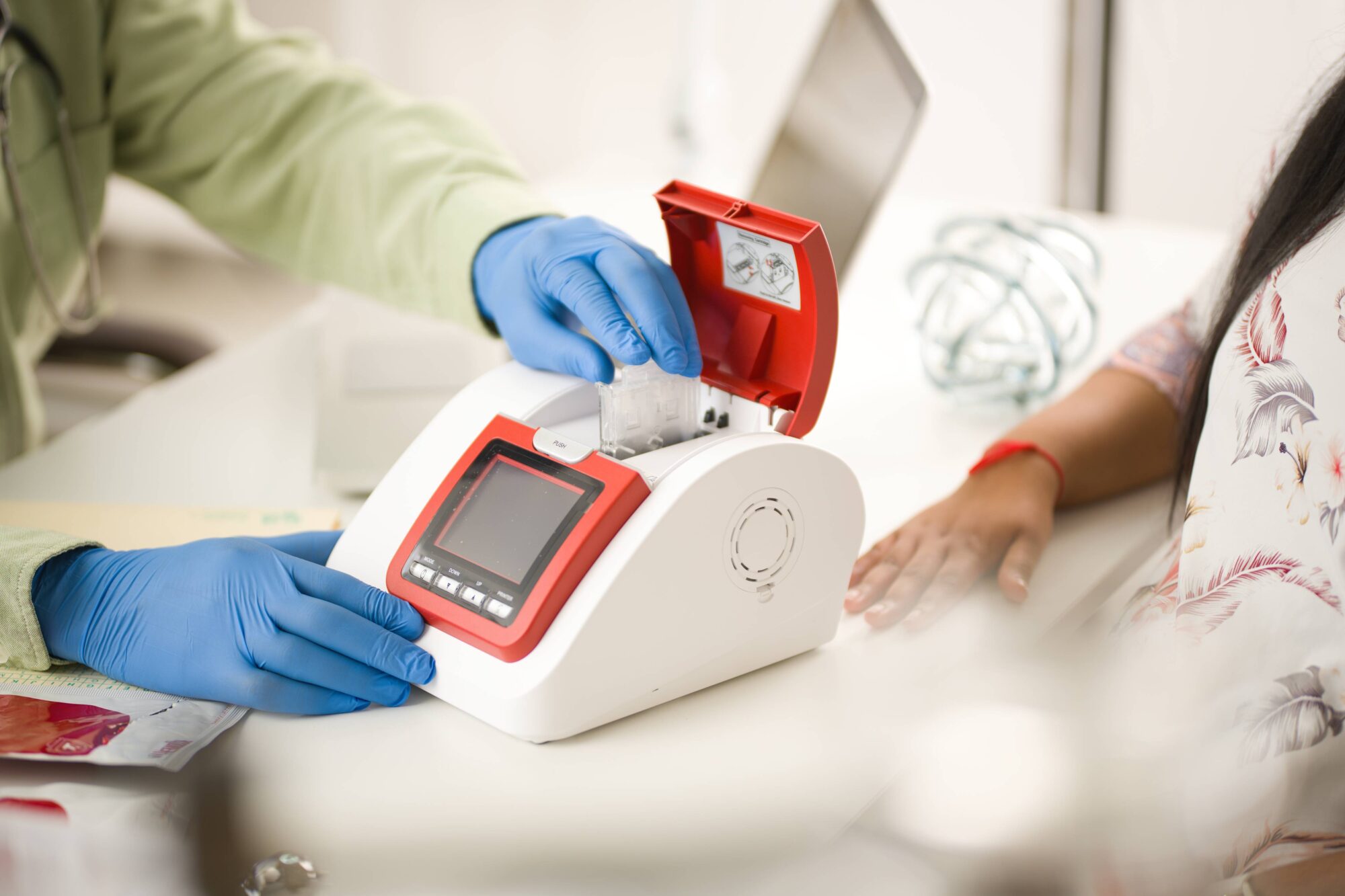References
1 American Diabetes Association; 6. Glycemic Targets. Diabetes Care 1 January 2015; 38 (Supplement_1): S33–S40.
2 World Health Organization (WHO). Health Topics diabetes. https://www.who.int/health-topics/diabetes#tab=tab_1. Accesses April 8, 2025.
3 Diabetes Control and Complications Trial Research Group. The effect of intensive treatment of diabetes on the development and progression of long-term complications in insulin-dependent diabetes mellitus. N Engl J Med. 1993 Sep 30;329(14):977-86.
4 Stratton IM, Adler AI, Neil HA, Matthews DR, Manley SE, Cull CA, Hadden D, Turner RC, Holman RR. Association of glycaemia with macrovascular and microvascular complications of type 2 diabetes (UKPDS 35): prospective observational study. BMJ. 2000 Aug 12;321(7258):405-12.
5 De Boer IH; DCCT/EDIC Research Group. Kidney disease and related findings in the diabetes control and complications trial/epidemiology of diabetes interventions and complications study. Diabetes Care. 2014;37(1):24-30.




